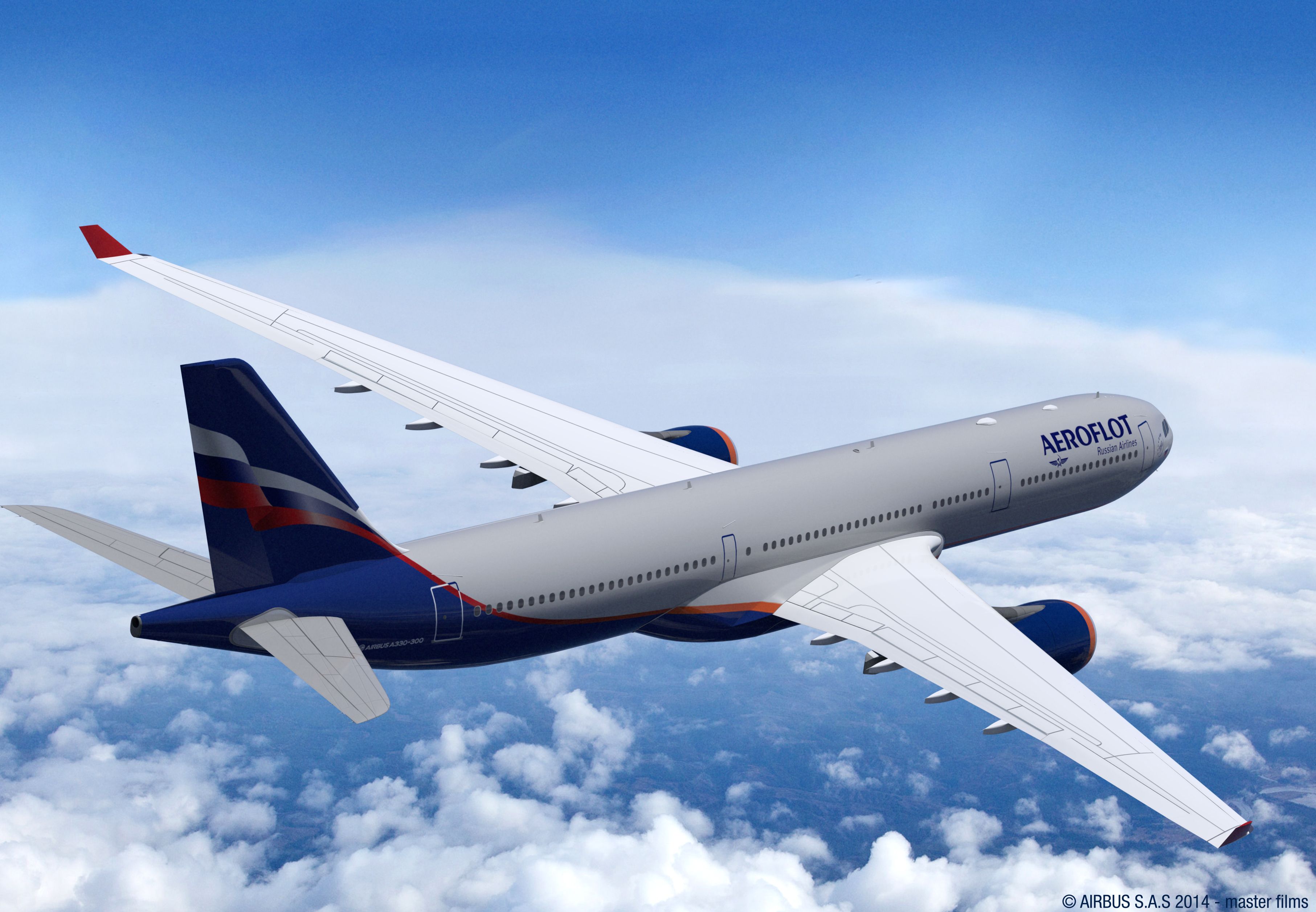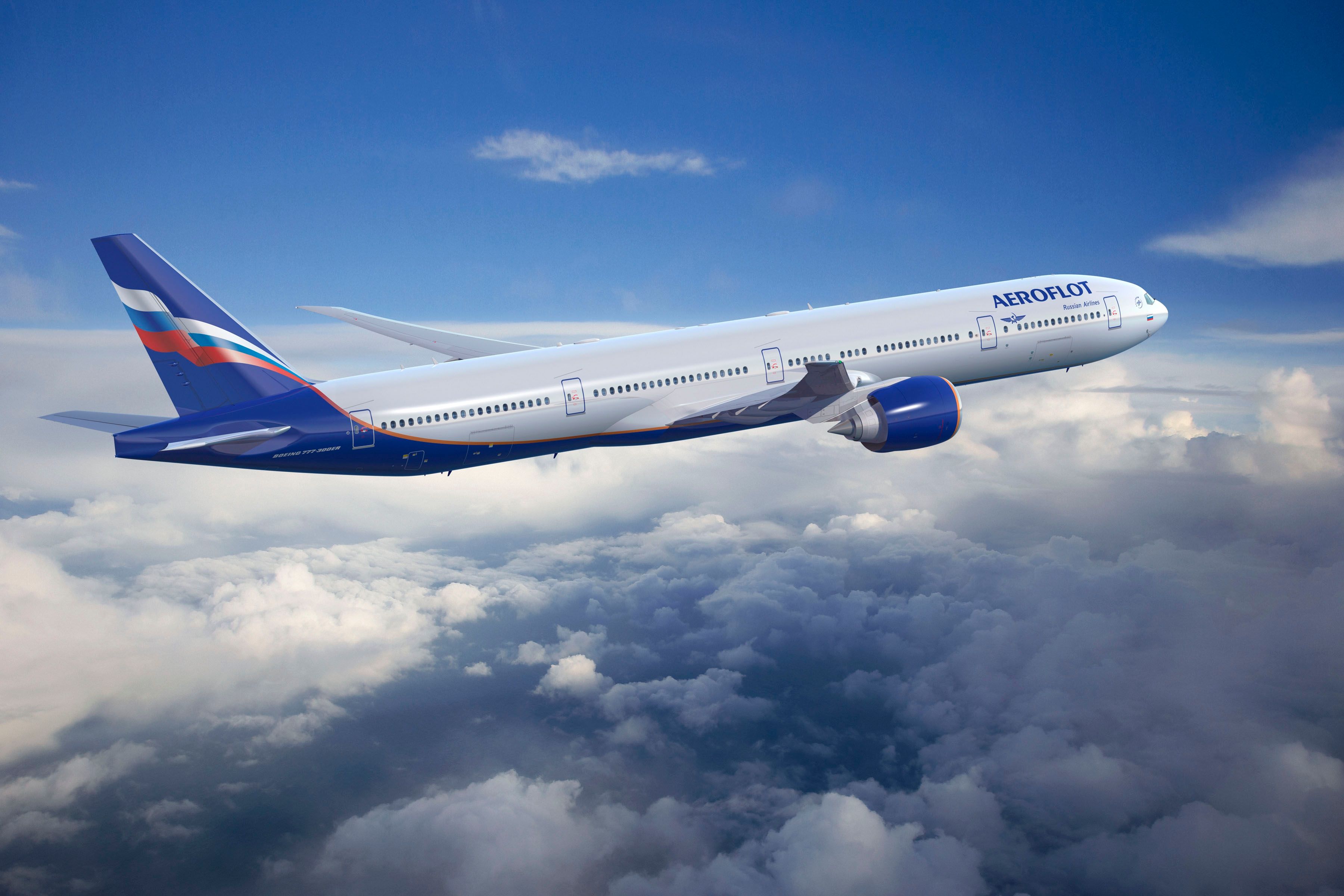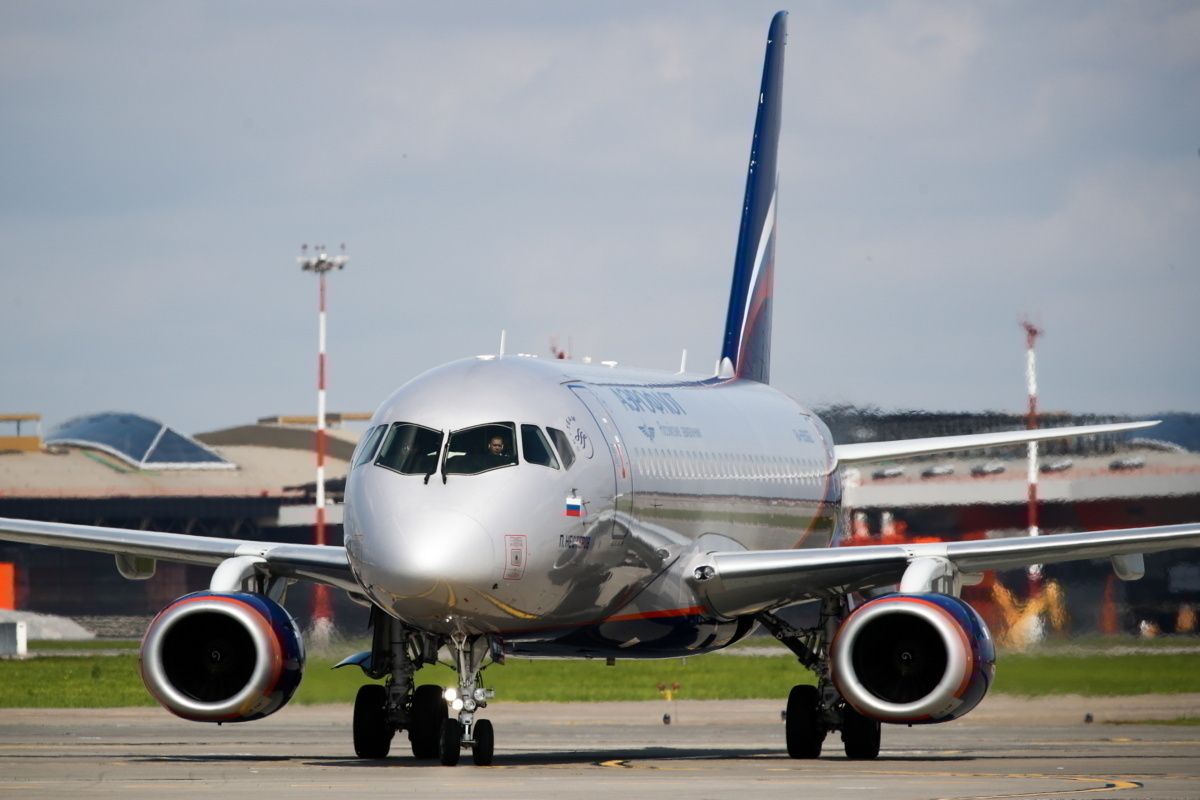Until recently, Aeroflot was a flag bearer for modern Russia, but the fallout from Russia's assault on Ukraine has damaged the airline. Top executives have quit, most international markets remain off-limits, and the airline may be forced to cannibalize its own planes to keep others in the air. It's been a hard and fast fall from grace for Aeroflot.
A hard and fast fall for Aeroflot
As recently reported in Bloomberg, Aeroflot spent the best part of two decades turning itself from an aviation no-go zone into a well-respected airline with a solid safety and service record. Before the war, the SkyTeam member flew to 56 countries using a modern fleet of mainly Boeing and Airbus planes. SkyTeam has since suspended Aeroflot from their alliance, and the airline's country count is down to 13.
Aeroflot's most recently released data covers March 2022 - the first full month of the current conflict and when a raft of sanctions began impacting Russia and its entities like Aeroflot. The airline's passenger numbers declined by 20.4% compared to the previous March. Aeroflot's international passenger numbers fared worse, falling 88.6% to 137,200 this March compared to the previous March - and keep in mind March 2021 was midway through the COVID pandemic and not exactly a stellar month for international flying stats.
Top Aeroflot executives resign
Early in March, Aeroflot CEO Mikhail Poluboyarinov quit. With sanctions halting most international Aeroflot services, the airline group turned to the domestic market. It seems the skill set of Aeroflot's domestic-focused subsidiary, Rossiya Airlines, and that airline's CEO, Sergei Aleksandrovsky, was preferred by the Aeroflot Group's owner - the Russian Government.
"The skills of the general director of Rossiya turned out to be more in demand, so such a comprehensive decision was made. I also supported his candidacy," Mikhail Poluboyarinov told Forbes in the aftermath of his resignation. Aeroflot's Deputy General Director for Strategy, Service, and Marketing Andriy Panov also quit and promptly left the country. Andriy Kalmykov, CEO of low-cost subsidiary Pobeda Airlines, left his post as well.
Aeroflot's mounting fleet problems
Establishing precisely what planes Russia's flag carrier still has in the air and has parked is tricky right now. But aircraft database planespotters.net suggests Aeroflot (and this disregards the various subsidiary airlines) has 178 planes, including 59 Boeings, seven homegrown Sukhoi Superjets, and 112 Airbus jets. Boeing and Airbus have suspended sales and service to all Russia-based airlines in line with international sanctions. As parts are needed, Aeroflot cannot source them from the manufacturers and must find them internally - typically from existing inventory (if any) and other planes.
The Kremlin's quick fix is to have Aeroflot focus on Russian-made aircraft, including the regional Sukhoi SuperJets and Yakovlev Design Bureau's Irkut MC-21. But problems sourcing the necessary parts (to which the sanctions are contributing) mean mass production of the Irkut MC-21 is delayed, and even the in-service SuperJet faces issues because its engines rely on input from France's Safran - and that company is abiding by the sanctions. That means the Kremlin may turn to the all-Russian Tupolev's Tu-214 as a short to medium-term fix for Aeroflot's fleet problems.



